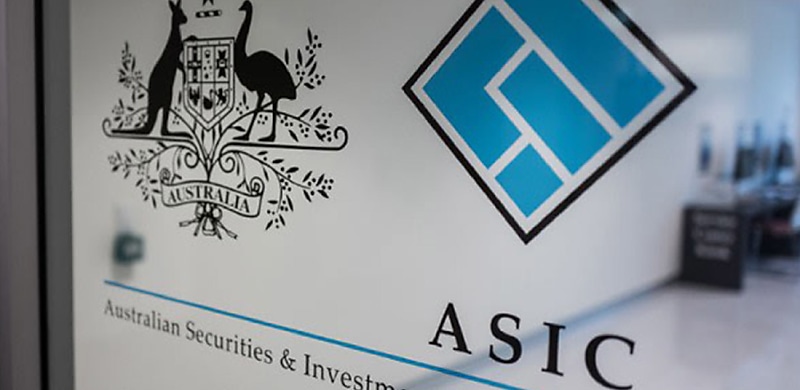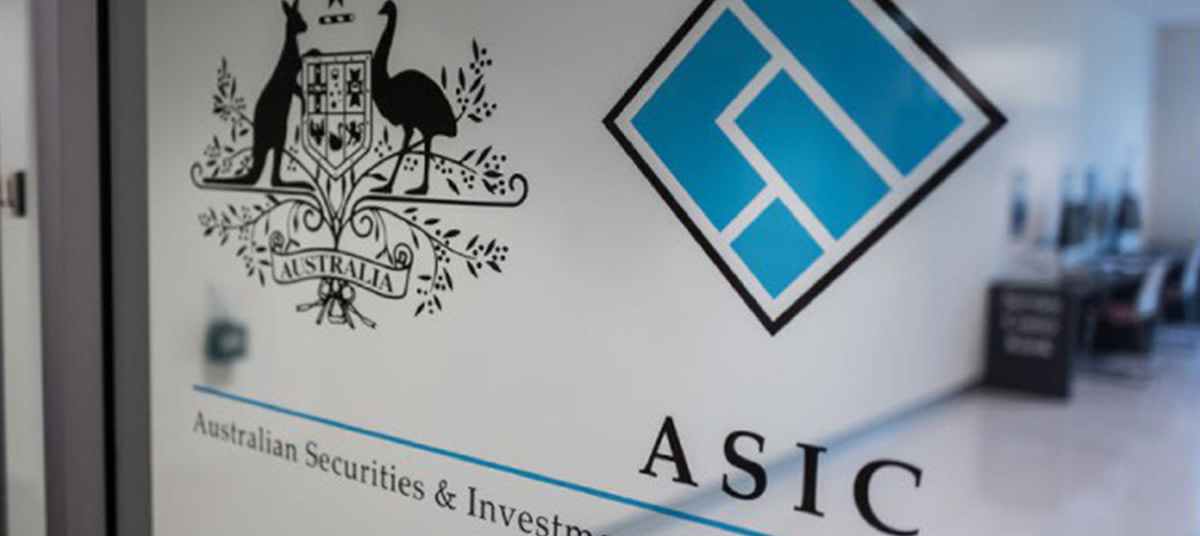
The debt management and credit repair sector is being probed following concerns that some may be operating dishonestly or unfairly, potentially leaving financially vulnerable consumers in a worse position.
The Australian Securities & Investments Commission (ASIC) has announced it is reviewing the debt management and credit repair sector following concerns that some may have failed consumers.
As part of its continued focus on protecting consumers, particularly those experiencing financial hardship, the financial services regulator will now review how the sector, which is made up of around 100 credit licensees, complies with the law.
It comes after a licensing regime was introduced in 2021 for debt management and credit repair firms to protect consumers from predatory practices.
Entities operating under this regime are currently required to hold a credit licence and comply with provisions of the National Consumer Credit Protection Act 2009, as well as be a member of the Australian Financial Complaints Authority (AFCA).
Specifically, ASIC’s new review will seek to understand the varying debt management and credit repair business models in operation and look into instances where debt management firms may have failed consumers by not meeting the terms of their debt management agreement, charging high fees for no or limited services, or not communicating adequately with clients.
Speaking of why the review is necessary, ASIC commissioner Alan Kirkland said: “We are concerned some licensees may be failing to engage in credit activities efficiently, honestly and fairly, leaving financially vulnerable consumers worse-off as a result.
“We have heard numerous accounts of debt management firms making promises to vulnerable consumers that may not have been kept.”
The ASIC commissioner highlighted recent examples of alleged failures, including:
-
A consumer whose debt management firm was not making any payments to her creditors and, after numerous unanswered calls, was eventually told to enter into bankruptcy with no further explanation.
-
A consumer who was at risk of having his car repossessed after his debt management firm failed to respond to default notices from creditors. When he cancelled his contract and asked for a partial refund from the debt management firm, he was told there was a no-refund policy.
Kirkland commented: “Stories like these are disturbing and if we detect unfair and unlawful practices, we will take enforcement action to protect consumers.”
The move comes after ASIC revealed that unlawful debt management and collection misconduct was going to be a core focus this year.
Its focus on this sector comes following enforcement action by the regulator against several debt management companies.
In August 2023, ASIC launched proceedings in the Federal Court against Bakken Holdings Pty Ltd (Bakken), an operator of the debt management business Solve My Debt Now, following concerns of substantial consumer harm.
Last month, the regulator refused Bakken’s application for a credit licence, meaning Bakken cannot provide debt management services.
ASIC has also recently issued two infringement notices on debt management company Chapter Two Holdings Pty Ltd.
The notices were issued in April 2025 after ASIC alleged that the company was making misleading statements on its website regarding debt management outcomes. This included statements that the company had wiped $80 million in debt and saved consumers $30 million in interest.
Other enforcement priorities for the regulator this year include:
-
Lending practices, particularly business models designed to avoid consumer credit protections (e.g. the Code and the National Consumer Credit Protection Act 2009).
-
Misconduct impacting small businesses and their creditors.
-
Used car finance sold to vulnerable consumers by finance providers.
-
Unlawful debt management and collection misconduct.
-
Unscrupulous property investment schemes (especially those exploiting superannuation savings).
-
Failures by insurers to deal fairly and in good faith with customers.
-
Licensee failures to have adequate cybersecurity protections.
-
Greenwashing and misleading conduct involving ESG claims.
-
Member services failures in the superannuation sector.
-
Auditor misconduct.
-
Insider trading (strengthening investigation and prosecution).
ASIC is also in the midst of an information-gathering exercise asking aggregators to provide information on how the broking industry is complying with its best interests duty.
The regulator’s increased focus on credit licensees and representatives has led to a doubling in levies for credit intermediaries for FY25.
[Related: ASIC levies double for broking industry, prompting calls for a rethink]

